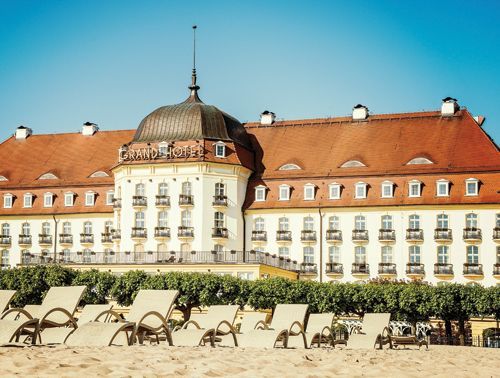According to data of the Polish Central Statistical Office [GUS], there were only 75 hotels that could officially claim to be of a five-star standard in Poland at the end of May 2019. That’s actually not so many considering that we have 2,900 accommodation buildings registered as hotels. “This is less than 3 pct of all the hotel buildings, although there are also those that have not yet been categorised. However, they meet all the criteria stipulated by the hotel categorisation act in force in the country,” remarks Andrzej Szymczyk, the director of the hotel department at Walter Herz. “Unfortunately, the act is somewhat outdated and no longer in line with the latest trends and requirements of guests, hence hotels in the highest category can vary in terms of quality. Most of them are quality facilities in terms of their architecture, staff and operations, but there are also those at the other end of this scale,” he adds.
The shortage of high-class hotels in Poland is partly o





























































